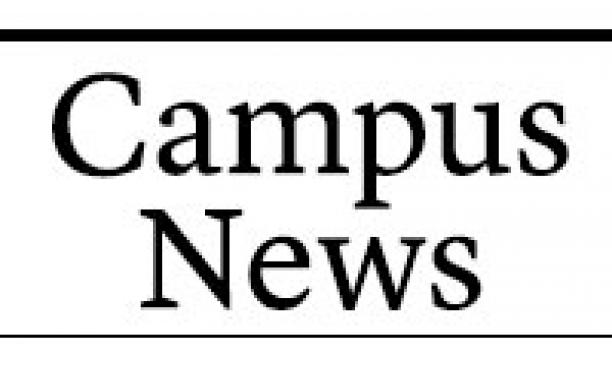

By Giri Nathan ’13
Research on the human genome will forever change the way scientists think about race, President Shirley Tilghman said at the annual James Baldwin Lecture March 9.
"Sequencing of the human genome has revealed that the proxies we have historically used to define race -- physical characteristics, geographical origins -- are not irrelevant," she told an audience at Richardson Auditorium, but they do "need to be much more nuanced."
In her talk, "The Meaning of Race in a Post-Genome Era," Tilghman approached race from her own vantage point: that of a premier molecular biologist. Having done significant work with the Human Genome Project, she used insights from her academic field to examine the fraught issue of race.
According to Tilghman, there is "debate in the scientific community about whether the historical descriptors of race are valid anymore, or indeed over ever were, and whether they should be replaced with more robust information on genetic ancestry." She presented several studies that questioned our cultural perceptions, including one that showed the vast genetic variation among members of the "same race."
Acknowledging the dangers of population-based genetic studies, Tilghman charted the centuries of scientists who drew racially charged conclusions from biased, often falsified research. She cited phrenology, a baseless scientific movement that attempted to tie cranium size to intelligence and other abstract qualities.
"I say this with a specter in the back of my mind of someone speaking from this stage in 100 years, castigating the scientists of my era for their blindness to the ways in which their scientific findings were used to sustain prejudice and discrimination," she said.
Nevertheless, she urged that scientists stay sensitive to these pitfalls and push even further in their investigation of race -- particularly at Princeton. "As a university that prides itself as being 'In the Nation's Service and in the Service of all Nations,'" she said, "we need to be a leading voice in this debate."
